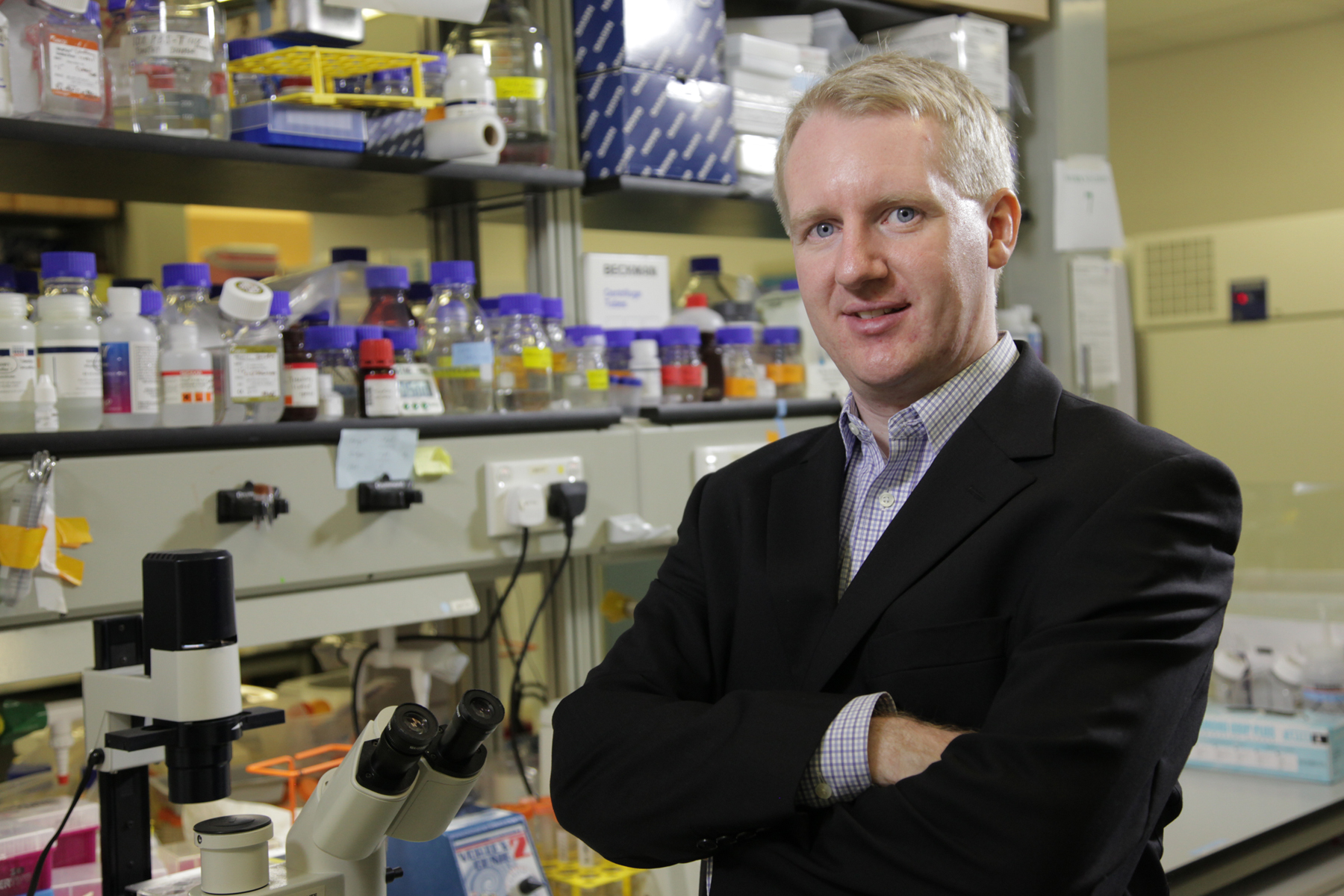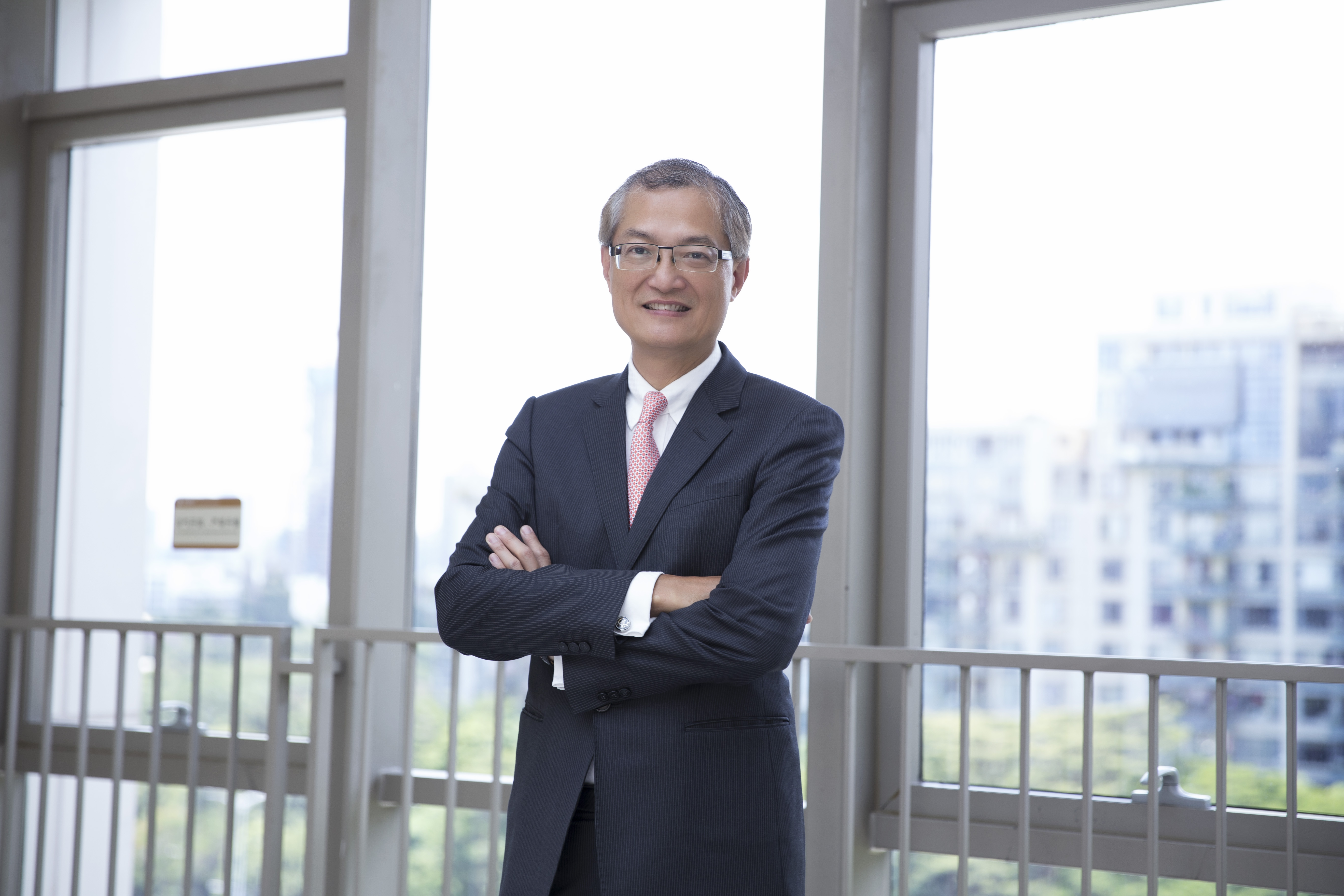
HKU Coordinating Two New Theme-based Research Scheme Projects
HKU is coordinating two large-scale projects funded by the Research Grants Council (RGC) in the ninth round of the Theme-based Research Scheme (TRS), and also participating in a further two projects. TRS is a major grant scheme of the RGC that aims to focus academic research efforts on themes of strategic importance to the long-term development of Hong Kong.
The two HKU-led projects are “Control of Influenza: Individual and Population Immunity” and “Fighting Disease Recurrence and Promoting Tissue Repair after Liver Transplantation: Translating Basic Discoveries to Clinical Excellence”.
Control of Influenza: Individual and Population Immunity
|
Project Coordinator: Professor Benjamin Cowling, School of Public Health |
|
|
“Our overall aim is to improve options for the control of pandemic and seasonal influenza through a greater scientific understanding of the mechanisms underlying individual and population immunity. This includes complementary research on virology, immunology, epidemiology, and vaccinology.”
The research team is multi-disciplinary and multi-institutional, comprising a world-leading group of researchers in influenza research with expertise in basic sciences, clinical, and epidemiological research and a proven track record of successful collaboration. “It is really important that we have these types of large collaborative thematic research projects in Hong Kong,” Professor Cowling said. “We could each do our own projects by ourselves, with some impact, but if we work together on this type of larger project we can have a much greater impact because of the potential for synergy between our disciplines.” |
|
Fighting Disease Recurrence and Promoting Tissue Repair after Liver Transplantation: Translating Basic Discoveries to Clinical Excellence
|
Project Coordinator: Professor Chung-mau Lo, Department of Surgery
The prevalence of hepatitis B virus (HBV) infection, high incidence of liver cancer (hepatocellular carcinoma-HCC), and shortage of deceased organ donors in Hong Kong burdens both individuals and the healthcare system. Over the past two decades, the HKU team and collaborators have successfully built a world-renowned liver transplantation centre, pioneering living donor liver transplantation using the right lobe liver graft. “We have established a very strong consortium with strong clinical, translational and basic science for transplant oncology and immunology,” Professor Lo said. |
|
|
Recurrent diseases and liver graft injury are key challenges after transplantation. In this new project, the team aims to improve the long-term outcomes of liver transplantation by tackling HCC recurrence and HBV reactivation through exploring underlying mechanisms, identifying efficacious biomarkers, and developing new treatments by integrating basic, translational and clinical research. “Our multidisciplinary collaborative project will not only strengthen our local and regional excellence, but also enhance Hong Kong as an internationally leading centre in liver transplantation,” Professor Lo said. |
|
In the nine rounds of TRS to date, HKU has received the largest share of funding overall for coordinating 19 of the 45 funded projects, and is participating in a further 22 projects coordinated by other local institutions. These large-scale projects are linked to the University’s Strategically Oriented Research Themes, which have demonstrated capabilities, ambition and potential to advance new frontiers.
Success in other competitive funding schemes
In other funding results, the University has secured both the highest number of approved projects (217) and the largest share of funding (HK$162.5M) among all local institutions in the latest round of the General Research Fund (GRF). HKU’s young researchers have received 30 of the 166 awarded projects in the Early Career Scheme (ECS). In the Humanities and Social Sciences Prestigious Fellowship Scheme (HSSPFS), HKU has gained support for 4 of the 9 awarded projects, securing the largest share of approved funding amongst Hong Kong institutions.




